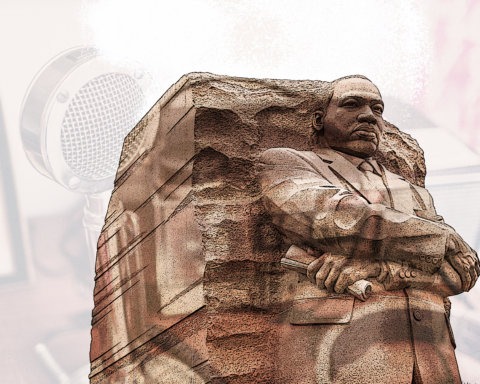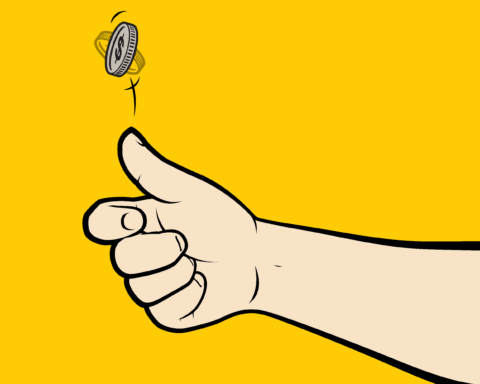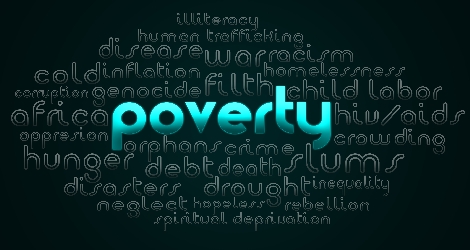[wpcol_1half id=”” class=”” style=””]
A Theology of Debt
The authors and signatories of the above letter presuppose that economic systems and conditions are as much a religious as they are a political concern. If they are correct, debt and the crisis into which the United States has been flung have theological implications, perhaps even theological solutions. Indeed, I contend that the economic order and its justices or injustices must be subject to theological review. Upon reflection, I believe we will find what I call a “theology of debt,” a faith position that understands all human beings as indebted to one another and to God, thereby undermining all class divisions that thrust some into unbearable poverty and others into excessive wealth.
To many Americans, however, it is difficult to conceive of the current debt crisis as a theological issue. Americans have been culturally conditioned to view religion and politics as operating in two distinct spheres, correlating, respectively, with the private and the public.
[/wpcol_1half] [wpcol_1half_end id=”” class=”” style=””]
American society prides itself on the constitutional principle of the separation of church and state. Ultimately, this can be traced back to the influence of Enlightenment thought upon the architects of the U.S. Constitution, who wished to prevent (assure against) the fragmentation of the very fragile nation they were then founding—a fragmentation that very easily could have transpired if differing religious passions had been allowed to dominate and divide the public square. Politics, therefore, came under the domain of public discourse, while religion was confined to personal morality.
Among these two spheres, economics became an ambiguous category, at times defined as a private matter for individuals to determine their success or failure in this “land of opportunity,” while at other times, understood as a strictly political (read, “public”) matter, instituted and regulated by the government. Likewise, Americans at times understood the economic system to be a matter for religious concern (e.g. prohibition, anti-slavery, child advocacy), and at other times, preferred economics to be divorced from religious morality, the sole product of individuals pursuing self-interest. More recently, so-called Neo-Liberals have argued for an economy that operates independently of both religion and society. They contend that the forces of the “market”—an abstraction of economic principles and tendencies—are sufficient to protect and ensure the economy.
[/wpcol_1half_end]






Unbound Social